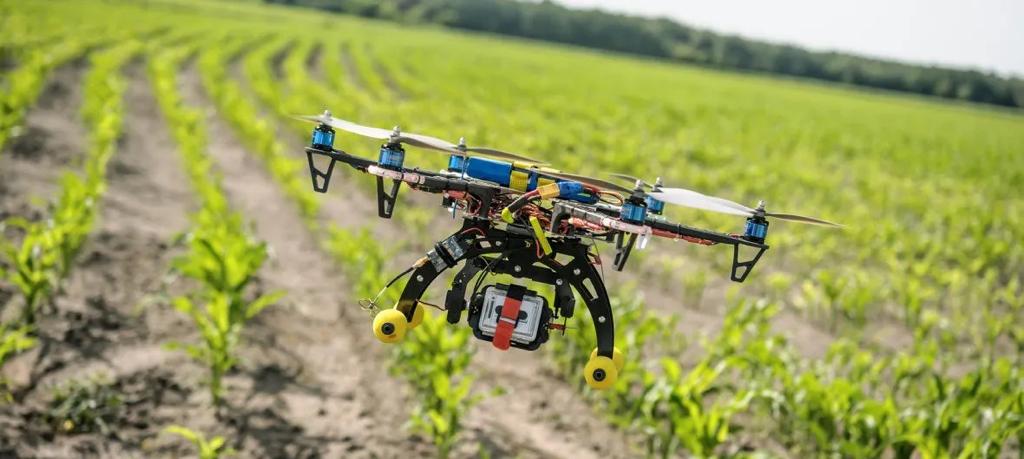Agricultural output in Ghana has traditionally been primarily reliant on rainfall, with fertilizers and pesticides being utilized incorrectly due to a lack of extension services. Farmers had a difficult time in general. Ghana, on the other hand, is looking forward to a bright future, and here’s why: the way we employ science in agriculture is changing. Agriculture is becoming a profitable industry, and Ghanaian farmers are beginning to reap the advantages thanks to scientific practices.
In Ghana, information technology is helping to improve agricultural production. Farmers have begun to use new technologies in addition to vehicle machinery to increase output. The Yonko Pa Association, an out-grower arrangement for maize farmers, is one striking example. Their productivity had previously been hampered by the fall armyworm disease, which necessitated immediate action. Pesticides were sprayed on the crops of roughly 50 farmers using drone technology, and they were all rescued in a matter of hours. Farmers were then instructed on how to use the drone, as well as the timing and process for applying inputs. Other technology companies use mobile phones to give a real-time agricultural information platform. Farmers can receive and pay for weather forecasts and market prices through these services.
Farmers can prepare with the help of weather forecasts, and knowing the current price of commodities, this allows them to sell their produce at the best possible price. All of this is offered via voice technology and in local languages, which is extremely intriguing.
Farm food is also being promoted through mobile apps and social media. When customers order groceries online, they can have them delivered to their homes.
Agribusiness value chains are being improved by new, smart agribusinesses. Farmers are given marketing opportunities to assist them connect with potential clients for their products. Others in the agribusiness sector are adding value to raw materials and selling new goods at reasonable costs. Chocolates, for example, are now decorated with creative Ghanaian indigenous symbol designs. Other government agencies have built an online trading platform for farmers to sell or keep their goods in order to acquire warehouse receipts, a financial instrument that verifies the quantity and quality of the commodities in question by displaying deposit proof. Farmers can postpone the selling of their products until prices are more favorable. As a result, warehouse receipt systems can help the agriculture sector mobilize loans and boost commerce.

